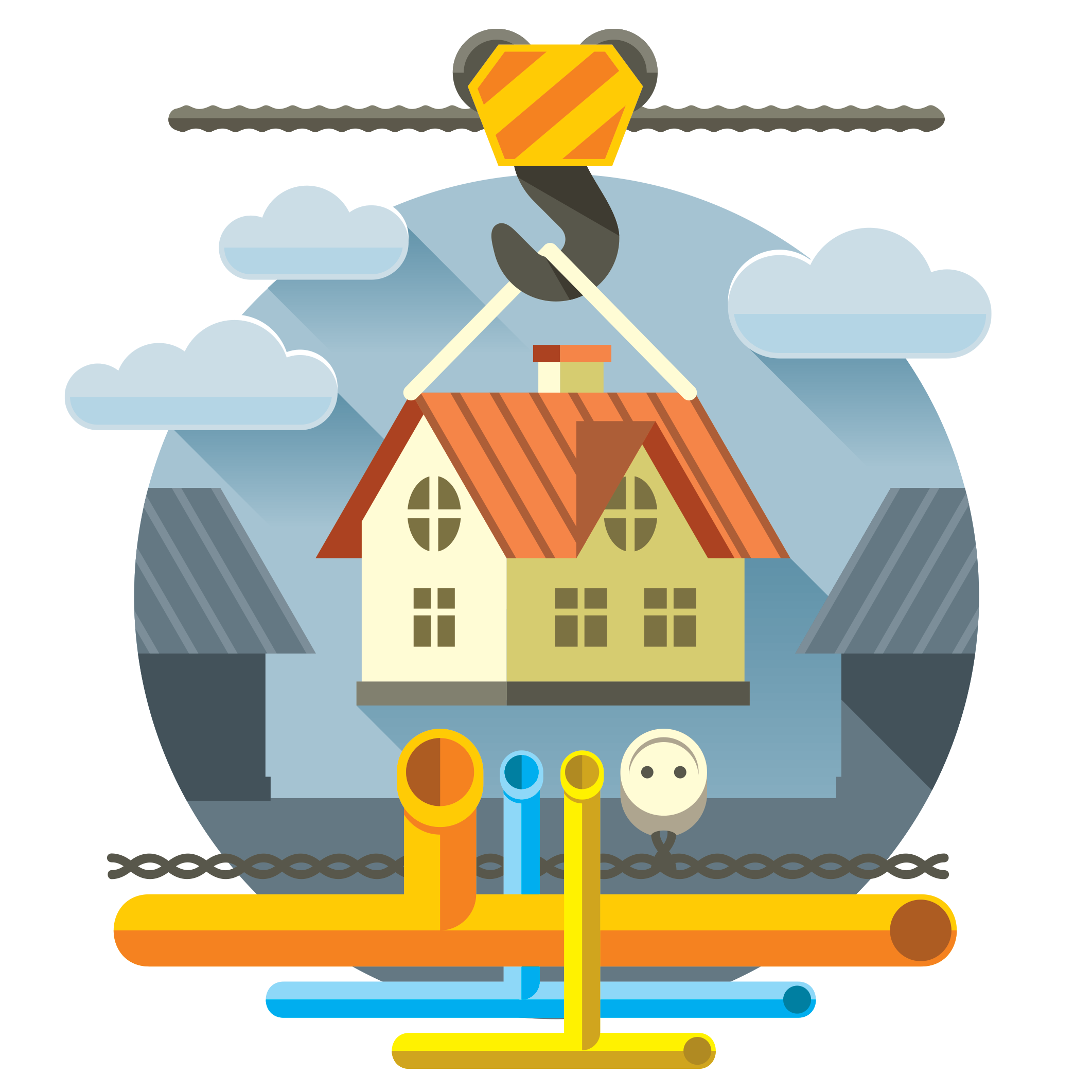- Section 8 Housing Choice Voucher Program:
The Section 8 Housing Choice Voucher Program is one of the largest and most well-known HUD housing initiatives. It provides rental assistance vouchers to eligible low-income individuals and families, allowing them to choose their housing in the private market. Participants typically pay a portion of their rent, while the voucher covers the remainder, ensuring that households can afford safe and decent housing options.
- Public Housing Program:
HUD's Public Housing Program offers affordable rental housing options to low-income families, seniors, and individuals with disabilities. Public housing properties are owned and managed by local public housing authorities (PHAs) and provide safe and well-maintained units at below-market rents. Eligibility for public housing is based on income and other factors, with priority given to those with the greatest housing needs.
- Section 202 Supportive Housing for the Elderly Program:
The Section 202 Supportive Housing for the Elderly Program provides affordable housing options specifically designed to meet the needs of low-income seniors aged 62 and older. These housing developments offer a range of supportive services, including meals, transportation, and personal care assistance, to help seniors age in place with dignity and independence.
- Section 811 Supportive Housing for Persons with Disabilities Program:
The Section 811 Supportive Housing for Persons with Disabilities Program provides affordable and accessible housing options for individuals with disabilities. This program offers rental assistance and supportive services to help disabled individuals live independently in the community, with a focus on integrating housing with supportive services tailored to individual needs.
- HOME Investment Partnerships Program:
The HOME Investment Partnerships Program provides funding to states, local governments, and nonprofit organizations to support the development of affordable housing units for low-income households. HOME funds can be used for various activities, including construction, rehabilitation, down payment assistance, and tenant-based rental assistance, to increase the supply of affordable housing in communities nationwide.
Eligibility and Application Process:
Eligibility criteria for HUD support programs vary depending on the specific program and its requirements. Generally, eligibility is based on income, household size, citizenship status, and other factors. To determine your eligibility and apply for HUD housing assistance, you'll need to contact your local public housing authority (PHA) or HUD office. PHAs are responsible for administering HUD programs at the local level and can provide information on available programs, eligibility requirements, application procedures, and waiting list status.
Valuable Resources and External Links:
- Official HUD Website:
Access detailed information on HUD support programs, eligibility criteria, application procedures, and resources on the official HUD website: [HUD.gov]
- Find Your Local Public Housing Authority (PHA):
Locate and contact your local public housing authority (PHA) to inquire about available HUD housing programs, eligibility requirements, and application procedures: [HUD PHA Contact Information]
- Benefits.gov:
Explore additional government benefits and assistance programs, including housing, healthcare, nutrition, and financial assistance, through the official Benefits.gov website: [Benefits.gov]
- National Low Income Housing Coalition (NLIHC):
Stay informed about housing policy developments, advocacy efforts, and resources for low-income individuals and families through the National Low Income Housing Coalition (NLIHC) website: [NLIHC.org](https://nlihc.org/).
- Housing Counseling Agencies:
Find HUD-approved housing counseling agencies in your area that offer free or low-cost housing counseling services, including assistance with budgeting, credit counseling, foreclosure prevention, and rental assistance: [HUD Housing Counseling Agencies]
HUD support programs offer vital assistance to individuals and families in need of affordable housing solutions. Whether through rental assistance, supportive housing, or homeownership opportunities, HUD initiatives strive to ensure that all Americans have access to safe, decent, and affordable housing options. By accessing resources and support services provided by organizations like the National Low Income Housing Coalition and HUD-approved housing counseling agencies, individuals and families can navigate housing challenges more effectively and work towards achieving stability and self-sufficiency. Together, these efforts contribute to building stronger communities and promoting equitable access to housing for all.

